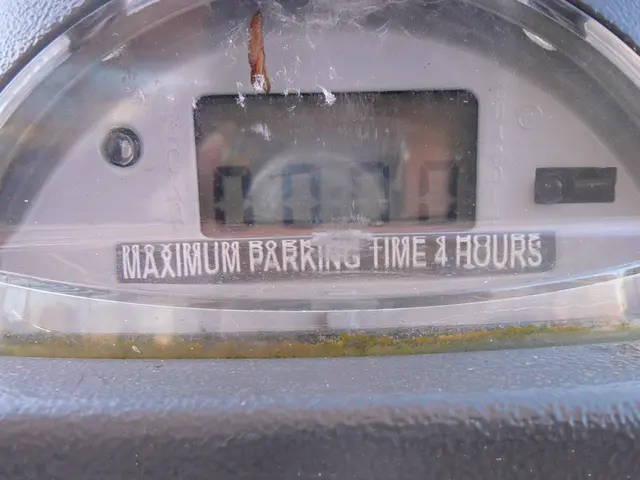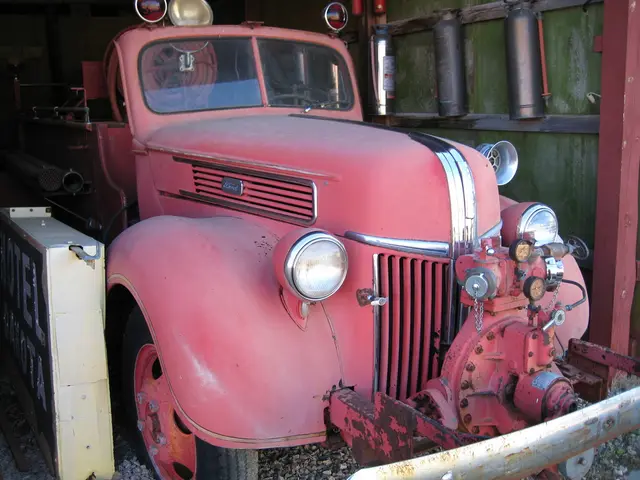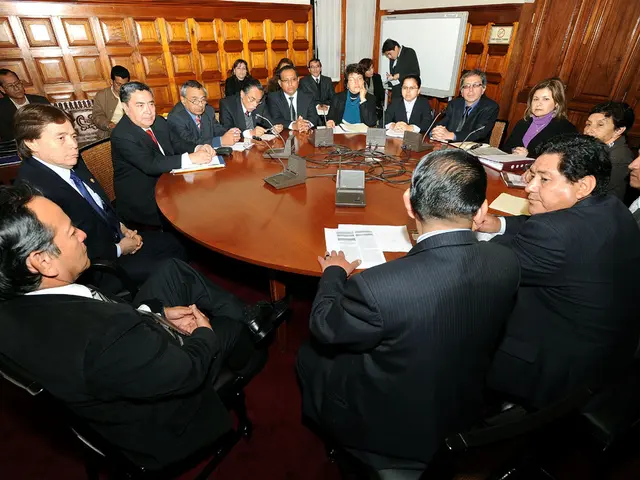Pennsylvania game developer defends non- slots competitor status of their controversial skill-based games
In the heart of Pennsylvania, a lively debate is unfolding regarding the taxation and regulation of skill games. These games, which rely on player skill rather than chance, have recently been upheld as legal by the Commonwealth Court, but their future remains uncertain.
Pennsylvania State Senator Gene Yaw has been a driving force behind the push for regulatory and taxation frameworks. His initial proposal, Senate Bill 626, called for a 16% tax rate on skill game revenues—a rate similar to that of table games in the state. However, competing proposals backed by the casino industry suggest much higher tax rates, ranging from 35% to 52%, a financial burden that critics argue could potentially "kill the skill game industry."
Recently, Senator Yaw introduced a new legislative approach. This bill proposes a $500 monthly fee per skill game terminal, aiming to generate immediate revenue while including provisions for local government regulation and statewide machine limits. The new bill seeks bipartisan support and attempts to address concerns raised during previous debates by combining fixed fees with taxation mechanisms to fund state programs and maintain regulatory oversight.
However, the legal status of skill games remains a grey area. The state Supreme Court is still reviewing the question of whether skill games are truly distinct from slot machines or disguised gambling devices. If they are deemed to be gambling devices, the commercial gambling sector could attempt to outlaw them.
The ongoing debate centres around the economic benefits of skill games to small businesses and veterans' groups, versus concerns about competition with lottery and casinos, and potential crime issues. Pace-O-Matic, a Georgia-based company that creates the software for these skill games, has emphasised the benefits that small businesses, veterans' groups, volunteer fire companies, and other fraternal clubs receive from the money generated by offering skill game machines.
Interestingly, the current tax rate for casinos in Pennsylvania stands at an effective 54% on their slot machine revenue. In contrast, the proposed legislation predicts that the tax revenue from skill games could reach $250m in the first year, with a lower tax rate of 42%, as advocated by Governor Josh Shapiro.
The legal battle over the regulation and taxation of skill games in Pennsylvania is ongoing, with recent developments focused on legislation efforts rather than finalized rulings. As the debate continues, the future of skill games in Pennsylvania hangs in the balance.
| Aspect | Status | |-----------------------------|----------------------------------------------------------------| | Legal status | Upheld as legal by Pennsylvania courts (Commonwealth Court 2023), Supreme Court review pending[1][2] | | Senate Bill 626 (taxation) | Proposed 16% tax rate; supported by skill game industry; opposed by higher tax proposals from casinos[2] | | New legislation (Yaw) | Proposal for $500 monthly fee per terminal; seeks bipartisan support; combines taxation with fixed fees[3][5] | | Opposition concerns | High tax rates, competition with casinos/lottery, and crime allegations debated[3][2] | | Overall situation | Legal validation mostly settled; regulatory and tax framework under active legislative negotiation |
Technology plays a significant role in the ongoing debate regarding the taxation and regulation of skill games in Pennsylvania. The decision to legalize these games hinges on their distinction from slot machines or disguised gambling devices, a determination that could be influenced by technological analysis of the games' systems. Furthermore, companies like Pace-O-Matic, which create the software for these skill games, rely heavily on technological advancements to develop and maintain their products efficiently, potentially impacting the financial burden placed on them by high taxation rates.
Lastly, the rapid technological progress in the gaming industry could also affect future discussions about skill games' legality and regulation, offering potential solutions or challenges as the debate continues.




